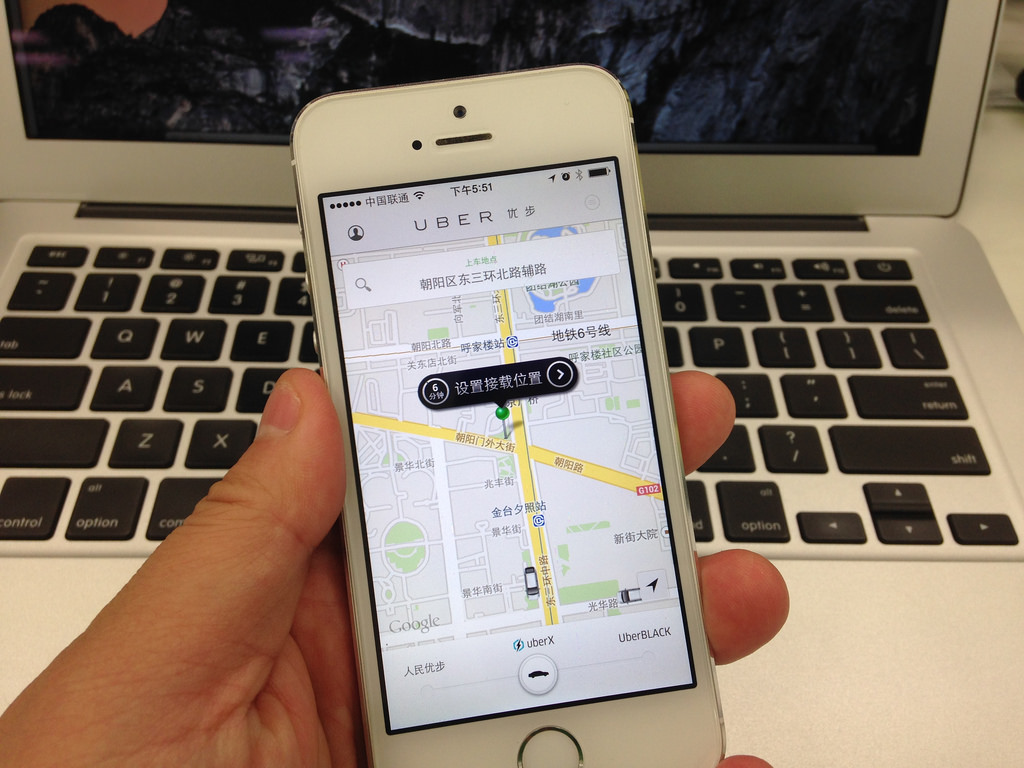Uber is my favorite way to get around in major cities. I use it here in LA to get to and from the airport when I need a ride and I use it regularly in Chicago when it’s more convenient to pay for a short ride than to jump on the train. Ride sharing seems like it’s here to stay, but cities and countries all over the world appear to be saying otherwise. (Side note: if you somehow still haven’t signed up for Uber yet, click this link and sign up for $20 off your first ride.)
When I was in France in January, I was heading out to the historic La Mere Brazier when a rain storm broke out. On a whim, I decided to check my Uber app on the off-chance the company had spread to France and — lo and behold — there were UberPop cars available (their version of UberX). My dining companions were happier to just hoof it, but it was nice to know that the option to jump into a car existed. That option is no longer there.
Today, in what seems like a coordinated attack of sorts, Uber has been shut down in Germany, France, and South Korea. I doubt these nations are all working together, but the timing is suspicious.
In Germany, this is the second ban for Uber and each instance in which they’re caught operating will cost them nearly $265,000. That’s a pretty strong deterrent, don’t you think?
The French offices of Uber were raided by a whole police force (reports indicate 25 officers) who confiscated documents and equipment from Paris. UberPop has been illegal in the country since a January 1st law took effect, but Uber has been operating anyway.
Perhaps the most intense government clash with Uber is taking place in South Korea where authorities have arrested high-level Uber employees and issued a warrant for company CEO Travis Kalanick. Seoul government officials have essentially declared war on the ride-sharing company.
Why all the hard-line tactics? The taxi and transportation industries are extremely strong and have been operating for years in concert with the government departments that oversee them. Ride sharing has little to no regulation and offers very little when it comes to regulatory fees. Instead of waiting for these details to get sorted out, Uber notoriously just plods ahead and waits for actions like these to shut them down.
It’s my sincere hope that it all gets figured out. I love the idea of cheap, widely available transportation everywhere you go in the world. These are the frontier days of ride sharing and the industry will have to grow up quite a bit before we find out where the new normal will actually sit.
Once again, if you haven’t tried ride sharing yet, sign up for Uber when you click this link and you’ll get $20 off your first ride.
Photo:![]() Some rights reserved by bfishadow
Some rights reserved by bfishadow


Germany and France are probably the two places I visit where I value Uber most. The last time I was in Berlin (September) it was so painful to try to get a taxi. You’re drunk, standing in the cold trying to figure out where there ARE NO TAXIS AT THE CURB IN FRONT OF 3 MASSIVE CLUBS. You call, then you have to all but fist fight with the throngs of people trying to get to the next place. Everything as it relates to transportation in France is a joke. So, it was nice being able to call a car to the apartment. I really hope this gets fixed quickly. Along with Postmates, airline apps and mobile banking, Uber has greatly increased my quality of life.